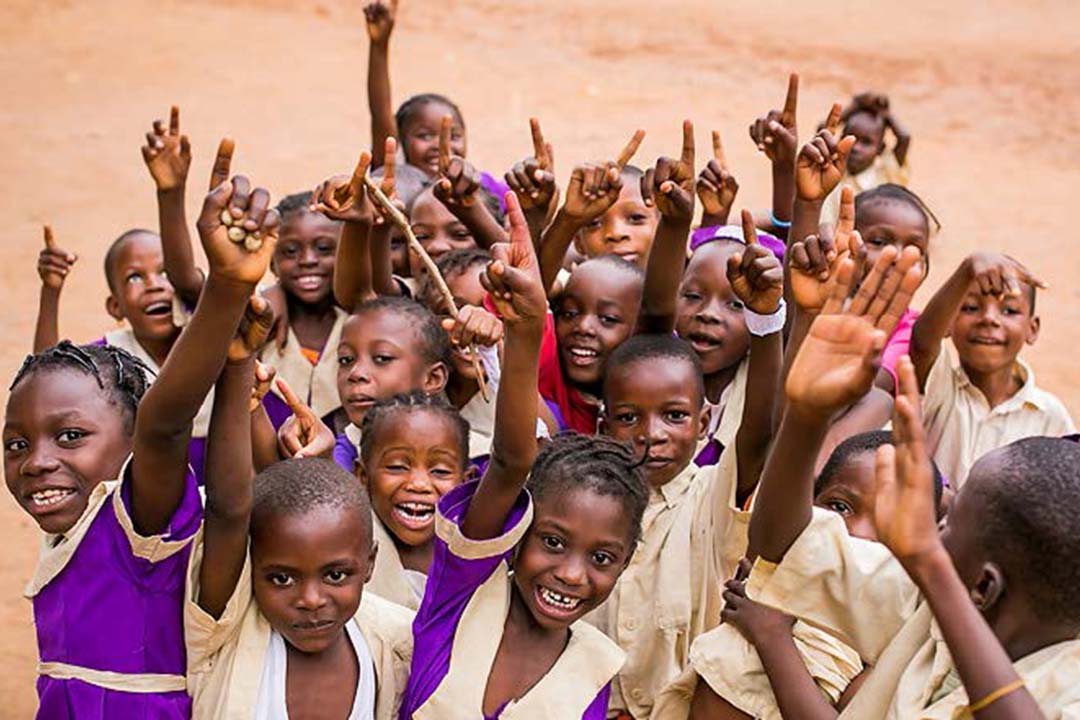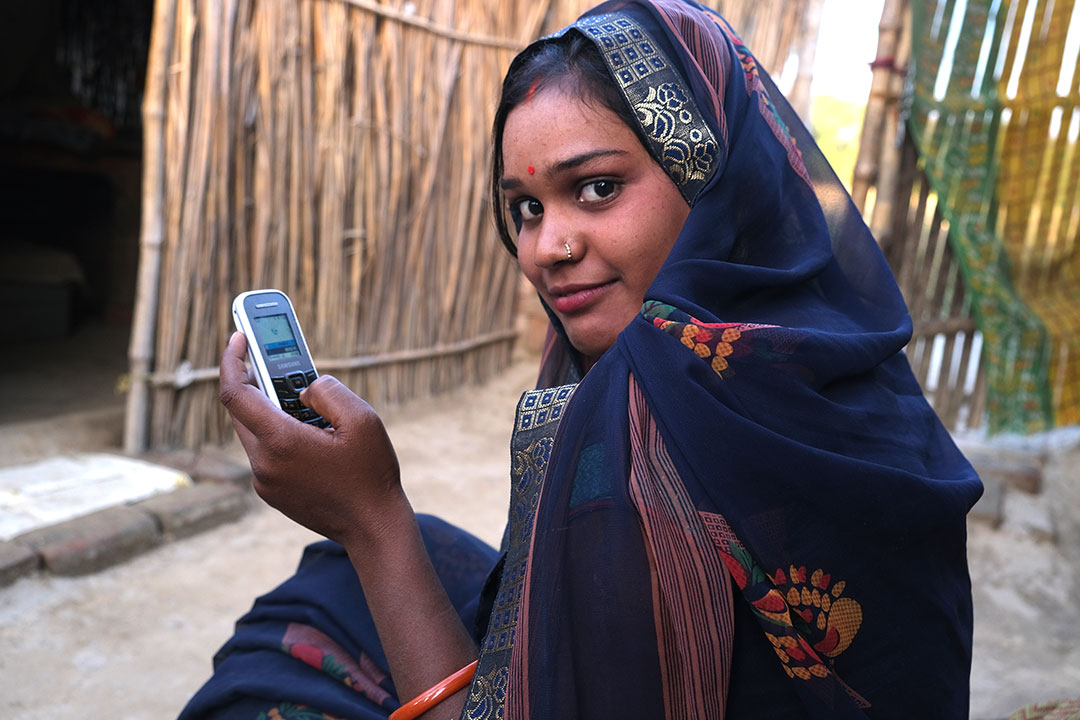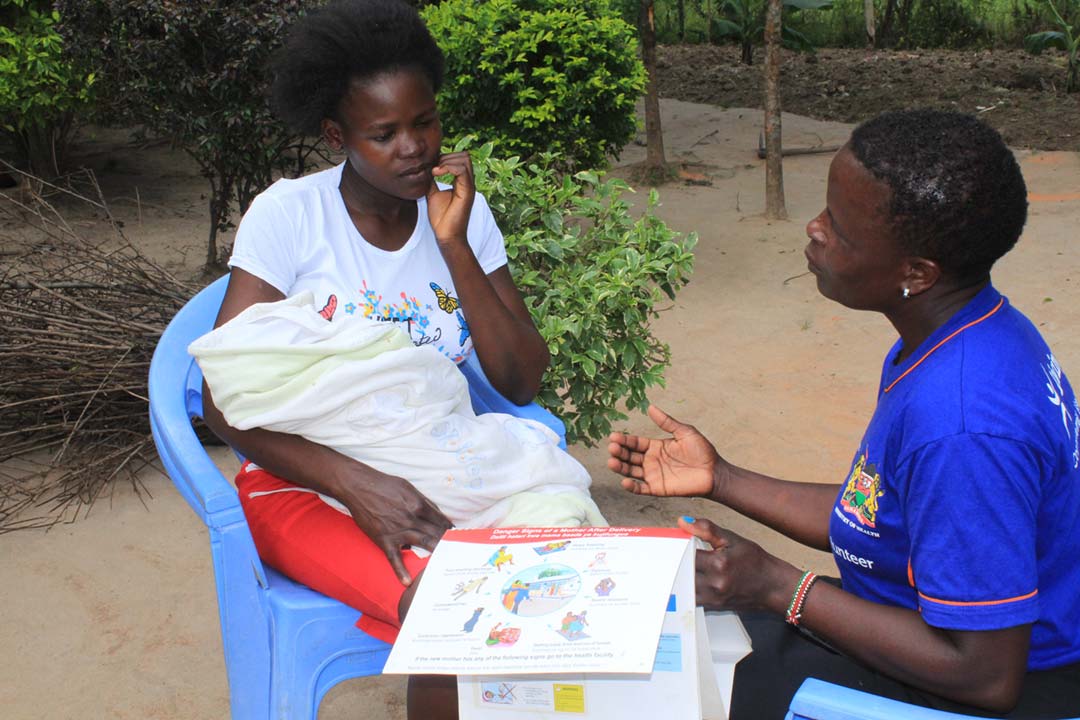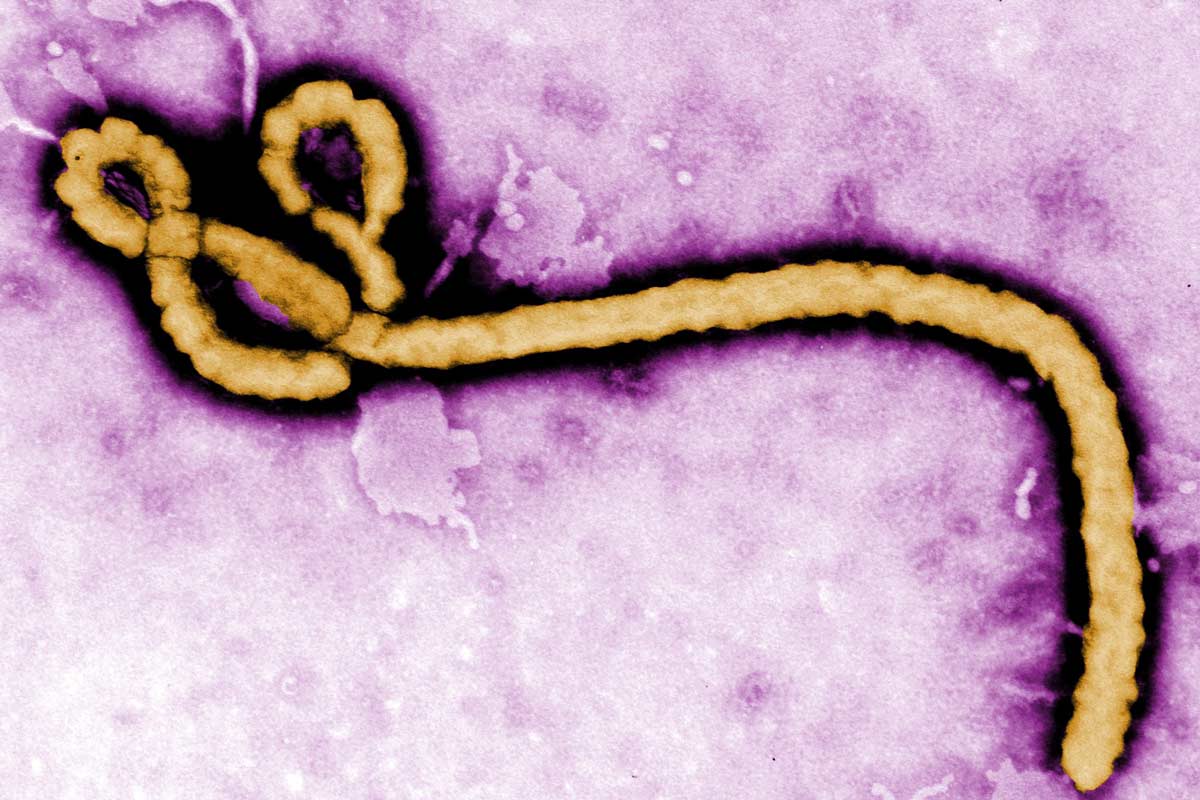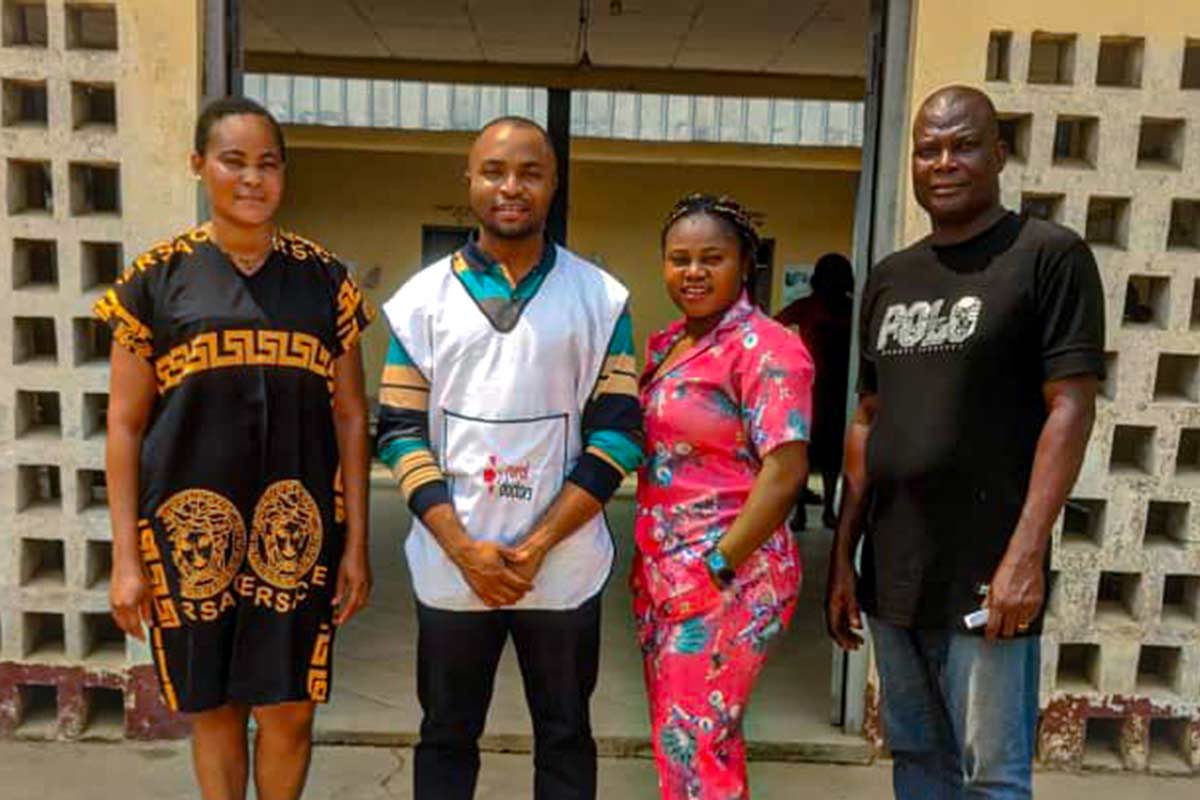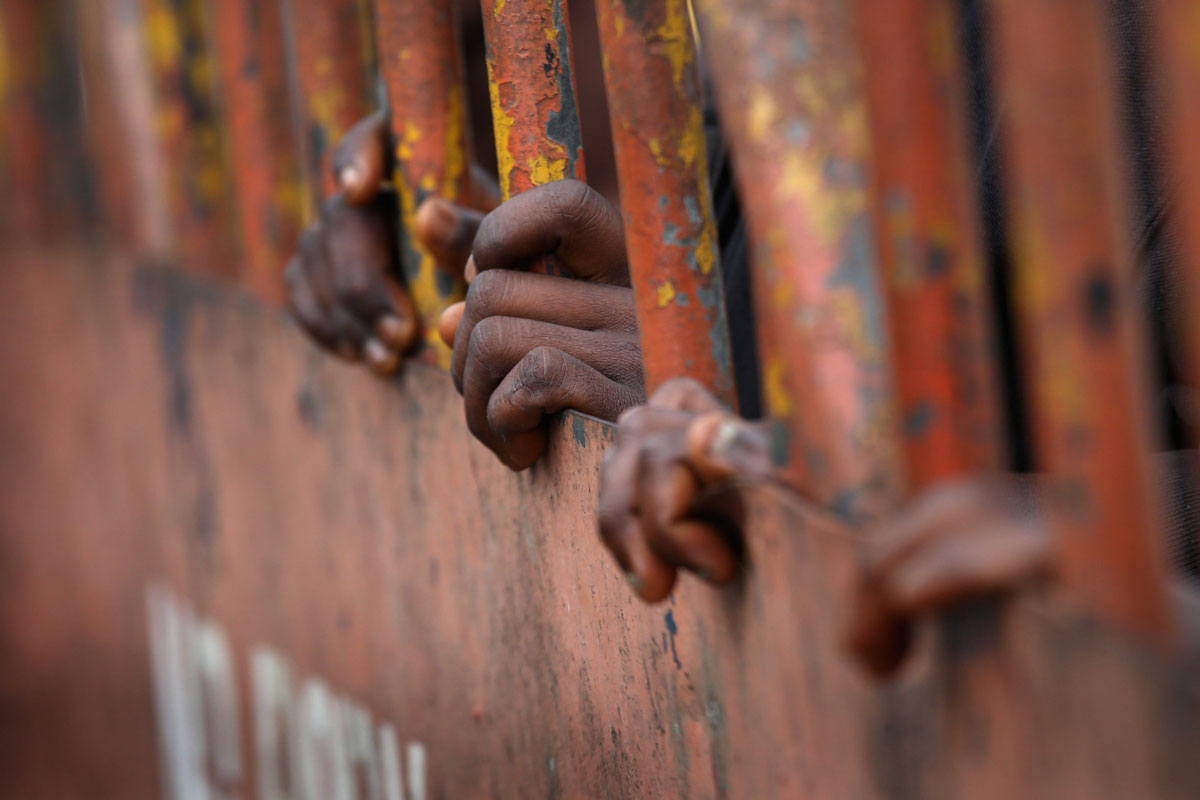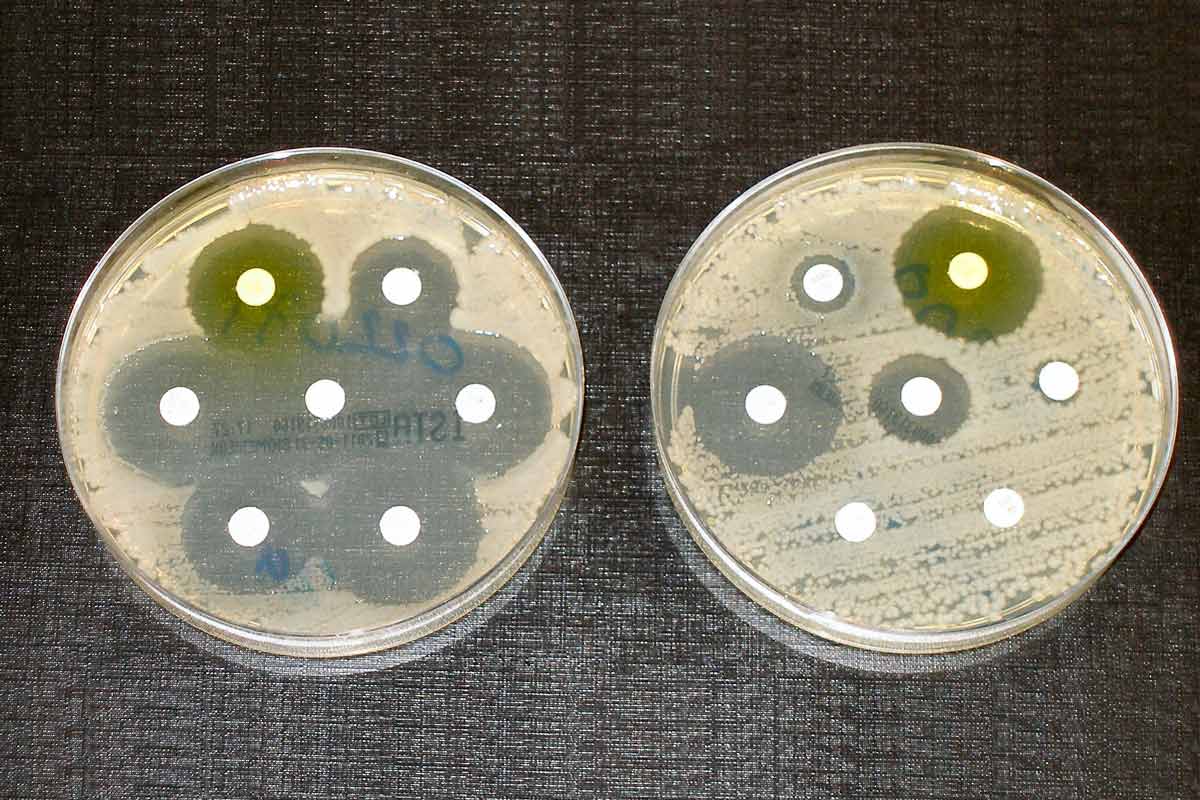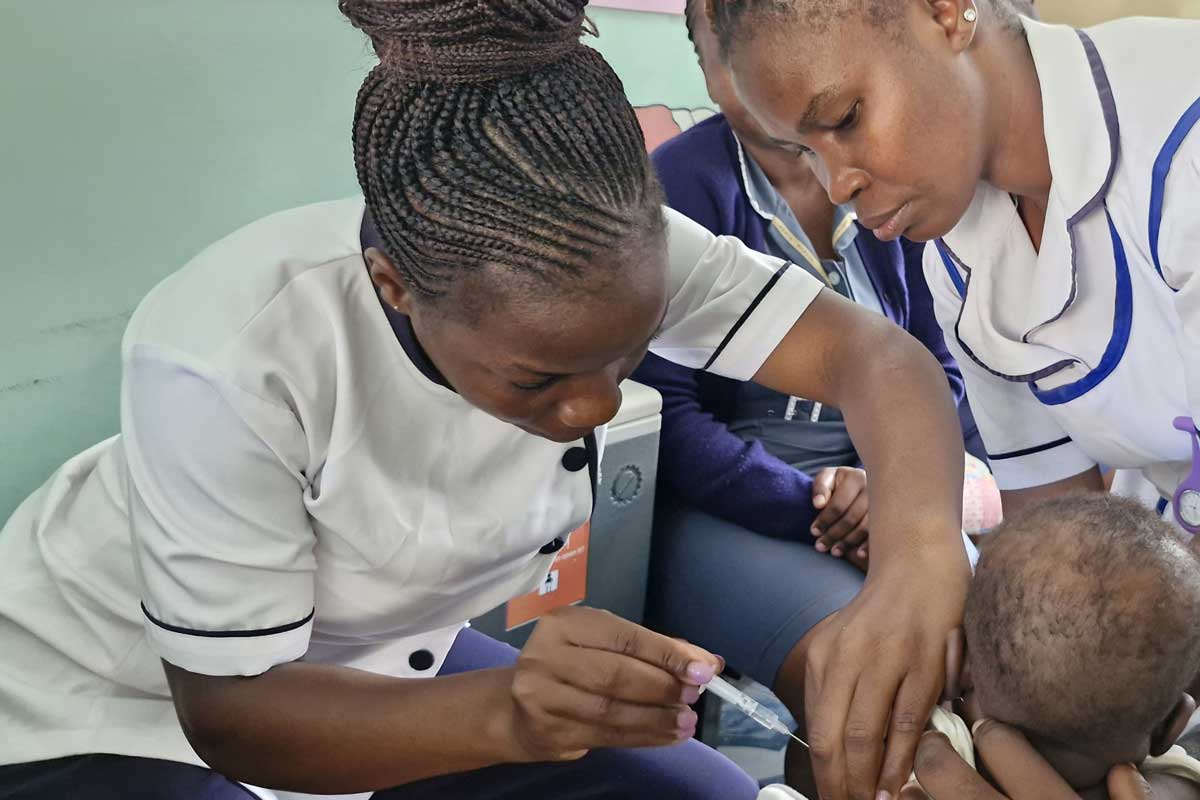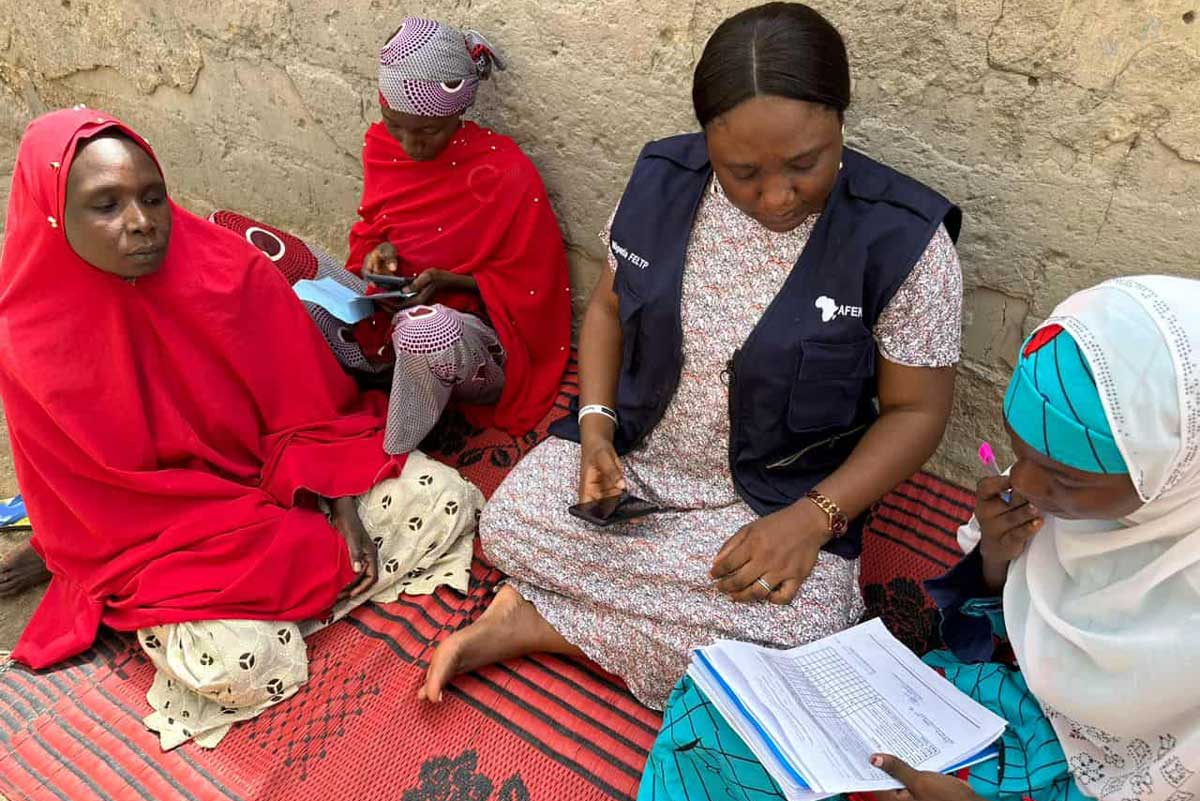How combining immunisation, handwashing and nutrition could help fight disease
A new partnership aims to improve the lives of Indonesian children through an integrated approach to health.
- 10 February 2023
- 4 min read
- by Edward Brydon
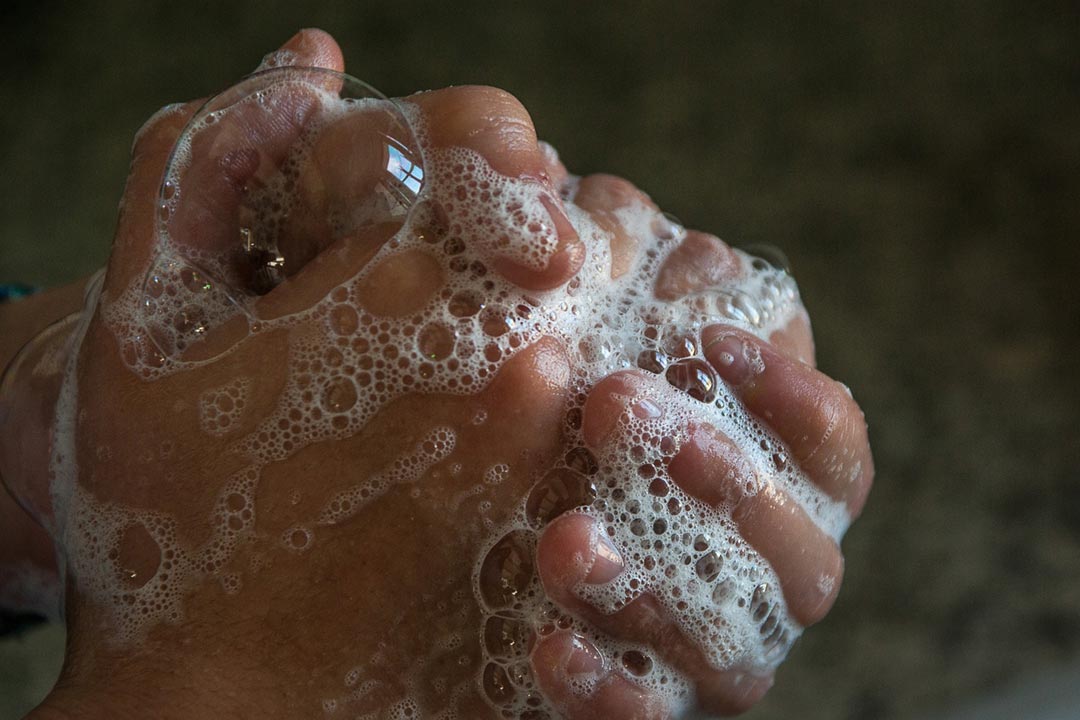
As Fransisca Lambe was interviewing a family in South Kalimantan, Indonesia about their health, Ibu mertua, the grandmother, came into the room. "Look at my son, he never got any vaccines when he was a baby and he is perfectly healthy," she exclaimed. "Why would my grandson need a vaccine?"
Pneumonia and diarrhoea accounted for more than a quarter of deaths in children under one in Indonesia in 2021.
Lambe, who works for GroupM Indonesia, was doing research on health behaviours among families with young children, and the encounter encapsulates one of the barriers to reducing preventable diseases across the country – the lack of perceived need. But immunisation is only part of the equation – hand hygiene and nutrition also have a vital role to play in improving children's heal th.
The relationship between handwashing, nutrition and immunisation
Of particular concern in Indonesia are pneumonia and diarrhoea, which accounted for more than a quarter of deaths in children under one in Indonesia in 2021.
Poor hygiene practices enable the transmission of these diseases, with one in five diarrhoeal deaths in low- and middle-income countries attributed to poor hand hygiene alone. But malnutrition, hygiene and health are more intertwined than that.
Bouts of diarrhoea weaken the body's ability to process and absorb food, leading to stunted growth. Stunting affects nearly 28% under five year-olds in Indonesia – approximately eight million children. Malnutrition also prevents children from developing a healthy immune system to fight disease, creating a vicious cycle.
But that cycle can be broken. Improving nutrition and hand hygiene, alongside vaccinations against viruses like rotavirus, could go a long way in protecting children under five from illnesses, malnutrition and premature death in Indonesia. This interconnected approach is the goal of a new partnership between Gavi, Unilever Lifebuoy and The Power of Nutrition.
Better together – an integrated approach to health
The partnership will adopt what the team learned from the Safal Shuruaat ('Successful Beginnings') programme in India, which promoted handwashing with soap and routine immunisation to families in Uttar Pradesh, India and increased vaccine uptake by involving fathers in the family health decisions.
Have you read?
The objective of this new phase will be to reach over a million children under five with an integrated campaign, starting with a pilot phase in West Java and South Kalimantan, two Indonesian provinces with high incidence of stunting, pneumonia and diarrhoea. Although vaccines, soap and clean water are available in these provinces, immunisation, handwashing and healthy eating have not become routine behaviours.
There are a number of cultural and societal reasons for this. Families are hierarchical, with the grandparents often setting the expectations for the family. As Lambe experienced during interviews, there are strongly held beliefs among older generations that vaccinations aren't necessary.
Conversations with families in these provinces also revealed a concern that side effects from vaccinations could give children a fever and make them cranky. This is certainly Susi's experience. As a midwife in Cinagara village, West Java, she's seen how apprehensive mothers can be about their children's reactions to vaccines.
While there are a number of barriers to adopting healthy behaviours, community interviews revealed a strong desire for children to succeed, something the programme will build on. "Every parent wants his or her child to be better than themselves – the study level, education level, health, or his or her fate," said one father in South Kalimantan.
Shifting parental perspectives and behaviour to benefit child health
The programme will involve a mixture of home visits, group sessions, community events, as well as digital prompts and reminders, working with key community figures like midwives, doctors, teachers and faith leaders. Each session will be tailored to show parents how simple health behaviours – like vaccination, handwashing and providing a healthy and diverse diet – can help their children succeed.
By adopting the behaviours reinforced by the programme, parents will be become "Keluaga SIGAP" which means a "ready family" in Bahasa Indonesian, to provide their child the best chance at a healthy life. As one mother in West Java said, "I wish for my child to have good growth and development. Health is the most important thing."
